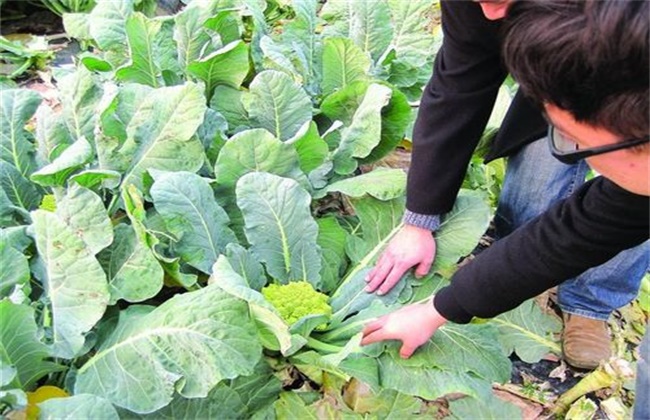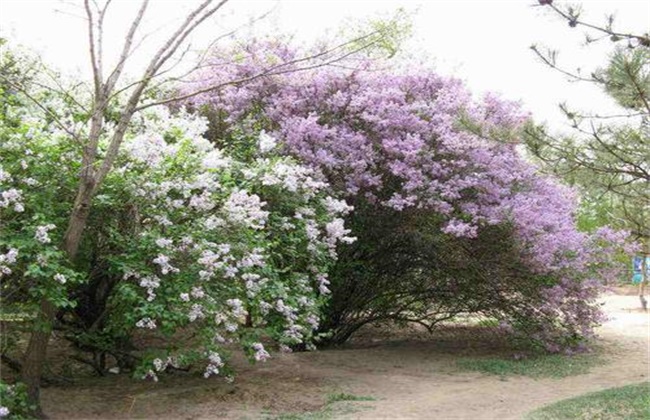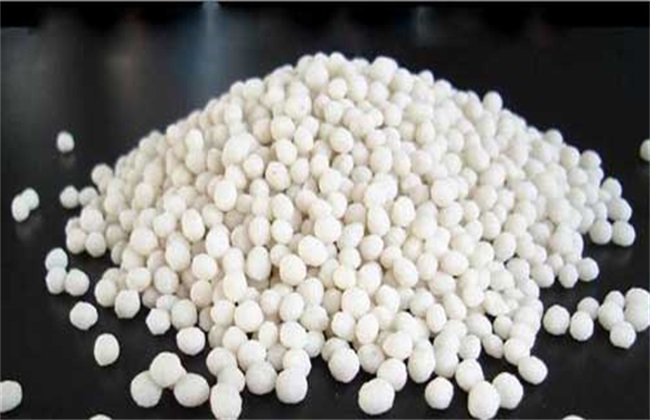Which chemical fertilizers and vegetables should not be used?
In the process of vegetable cultivation, fertilization is essential for faster and better vegetable growth and higher yield, but fertilization is not the better for overwintering, especially for vegetables, and some fertilizers should not be applied on vegetables. The following editor brings you some fertilizers that are not suitable for vegetable production. Let's have a look.

1. Nitrate nitrogen fertilizer
Ammonium nitrate and other nitrate nitrogen fertilizers are generally not suitable to be applied to vegetables, because the application of nitrate nitrogen fertilizer into the soil will double the content of nitrate in vegetables, although this substance affects the growth of vegetables. However, once people eat this vegetable, nitrate will be easily reduced to nitrite in the human body, which is a highly toxic substance and does great harm to the human body. Once this substance accumulates too much, it may endanger lives, so it is not suitable to be used on vegetables.
2. Chlorine-containing fertilizer
Like nitrate nitrogen fertilizer, ammonium nitrate and other nitrate nitrogen fertilizers are generally not suitable for vegetables, especially tomatoes and potatoes. After application, they will be decomposed in the soil and converted into ammonium and potassium ions, which can be easily absorbed by soil and vegetables. If the concentration is low, it will not have any effect on vegetables, but once the concentration is too high, it will be toxic to the roots of vegetables, and in serious cases, it will cause vegetable death and great harm, and it is often possible to cause no harvest and cause a devastating blow to farmers.
3. Spraying nitrogen fertilizer on leaves
Foliage vegetables should not be sprayed with nitrogen fertilizer in the process of planting leafy vegetables, because in the process of foliar spraying nitrogen fertilizer, its ammonium ion is easily converted into acid ion and absorbed by leaves after it is in contact with air. The growth period of leafy vegetables is generally short, it is very easy to cause nitrate accumulation in the body, which may also cause human poisoning, so avoid spraying nitrogen fertilizer on leaves, be careful.
4. Pay attention to the amount of micro-fertilizer
The application of micro-fertilizer in the growth process of vegetables can promote the high quality and high yield of vegetables, but the demand of vegetables for them is very low, generally low concentration spraying. Once excessive application of micro-fertilizer will not only cause waste of fertilizer, but also toxic to crops, resulting in environmental pollution, the amount of ferrous sulfate should not exceed 3.5 kg per mu, and the amount of manganese sulfate and manganese chloride should not exceed 2.05 kg per mu. Copper sulfate should not exceed 2 kg per mu and borax should not exceed 1.25 kg per mu.
The above is the introduction of which chemical fertilizers and vegetables are not suitable for use. I hope I can help you. If you want to know more about it, please follow us.
Related
- Fuxing push coffee new agricultural production and marketing class: lack of small-scale processing plants
- Jujube rice field leisure farm deep ploughing Yilan for five years to create a space for organic food and play
- Nongyu Farm-A trial of organic papaya for brave women with advanced technology
- Four points for attention in the prevention and control of diseases and insect pests of edible fungi
- How to add nutrient solution to Edible Fungi
- Is there any good way to control edible fungus mites?
- Open Inoculation Technology of Edible Fungi
- Is there any clever way to use fertilizer for edible fungus in winter?
- What agents are used to kill the pathogens of edible fungi in the mushroom shed?
- Rapid drying of Edible Fungi



